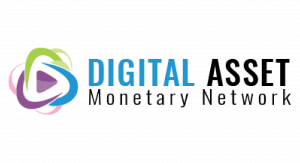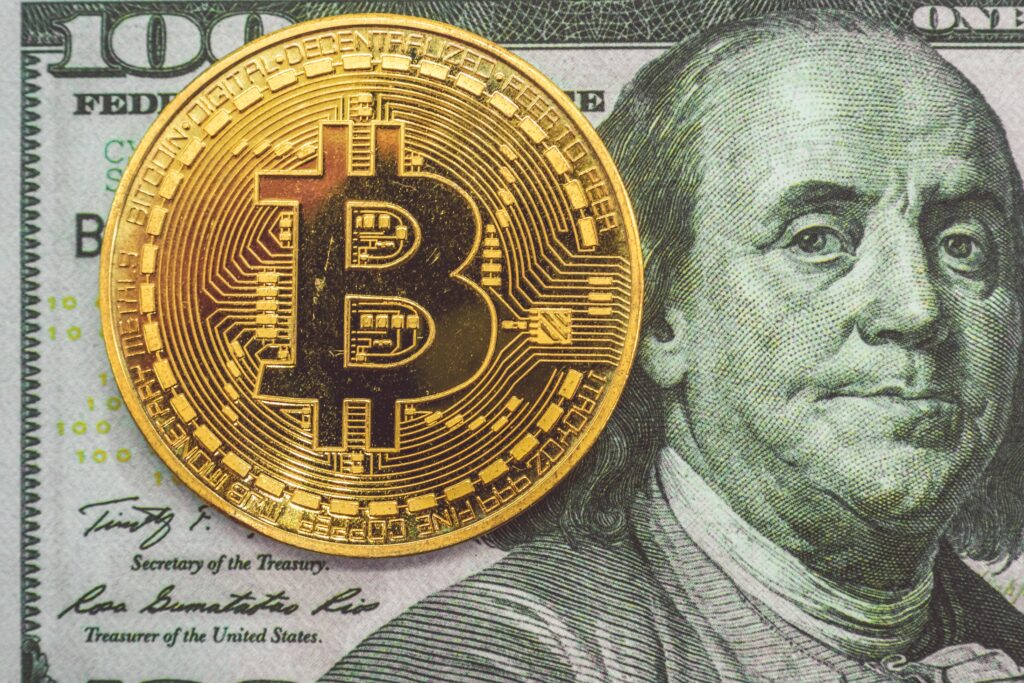Could Blockchain be harnessed for a big tech ‘do-over’?
Blockchain has been likened to the printing press because it’s a useful tool whose value extends far beyond printing words on paper. This tech could have a profound effect on the lives of everyday people over the coming decade.
Restore trust
Some of us may remember the dawn of the interwebs, but for those who don’t, it was actually a remarkably high trust environment. That notion sounds ludacris today, but at the time, the three groups on the internet were: the Feds (DARPA), professors and hippies.
The implicit trust between these early communities interacting online was taken for granted, which meant that this crucial element wasn’t built into the ecosystem as it grew. This lack of forethought has had a deep impact on how the internet functions today. Some tweaks early on could have put us on a pretty different path for online privacy and safety.
Blockchain is still young enough that if structured appropriately, it has the potential to facilitate a higher trust tech environment for everyday people–the 99%. Blockchain functions similarly to a giant Google Doc for transactions. It can help increase public confidence and consumer safety by ensuring that bigwigs lying about data becomes nearly impossible and valuable items like home ownership deeds are verified, protected and stored digitally.
Decentralize power
Through ownership of databases, Big Tech has consolidated massive power. This power structure however, won’t extend to the decentralized blockchain environment. Consider how Google is structured compared to Wikipedia. At Google, a handful of executives make decisions that impact everyone, whereas Wikipedia has 138,226 active editors. These websites both serve the same audience (ie. us), but they’re inversely structured: top down vs bottom up.
Since blockchain is decentralized, its organic power structure is naturally distributed, ergo it can’t be concentrated in one spot like Google, for example. You’d have to try really hard to secure yourself central authority in a blockchain network. Communities with distributed power are more open and tend to be more egalitarian for everyday people. Blockchain offers the possibility of tech that can’t easily be weaponized against us because it’s difficult to consolidate power when every move is recorded on a public ledger.
Forge new egalitarian communities
Blockchain lacks the formal hierarchical structure that inherently exists on traditional big tech platforms, which makes this environment kinda like a job without a boss. The network is peer to peer so power is equally shared and distributed. Open source communities—especially in the early days—attract people with tangible skills to contribute instead of buckets of money.
The lack of permissions and flat structure means that the community serves itself and its users. This is a boon for us because we get the best possible end product, not what a billionaire can buy or decrees is important.
The impact of blockchain over the next decade could be momental for everyday people—let’s mold it into something revolutionary.
Join the DigitalAMN PAI Ecosystem. Find out more or email info@digitalamn.com
7 FAQs About NFTs—And We’ve Got Answers
Brush Up On The Basics Of Cryptocurrency, ICO, Utility Tokens And Security TokensThe Beginner’s Guide: Penny Stocks, Microcaps and the OTC Market


